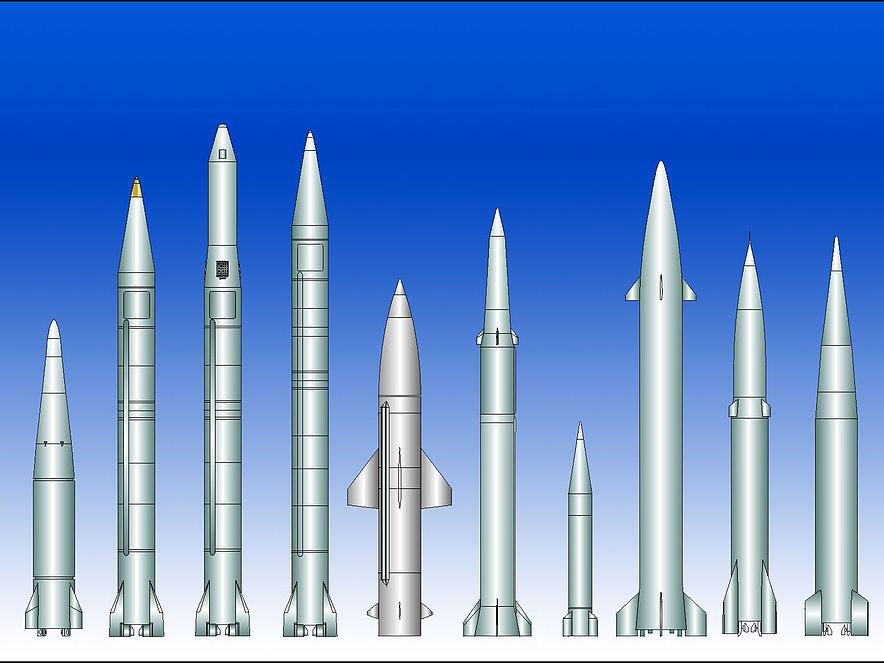This article was originally published by War on the Rocks on 9 March 2016.
On September 11, 2013, Russian President Vladimir V. Putin, writing in The New York Times, issued “A Plea for Caution From Russia.” Putin sought to communicate directly with the American people, warning against U.S. and Western unilateral military action in Syria — in response to the Assad regime’s use of chemical weapons against its own citizens — without the authorization of the United Nations Security Council. Such an action, Putin warned, would be destabilizing, deepen the cycle of regional violence, and potentially throw “the entire system of international law and order out of balance.” Putin further chastised the United States for its alarming tendency to intervene militarily in overseas civil wars and implied that U.S. strategies for dealing with problem states were encouraging the spread of nuclear weapons. Putin’s plea: “We must stop using the language of force and return to the path of civilized diplomatic and political settlement.”
We know that this “plea for caution” was nothing more than an effort to protect a Russian client state dressed up in the language of political and legal principle. How else can we understand Russia’s unilateral, unsanctioned military intervention in the Syria conflict in September 2015? Cynical? Maybe, but of even greater concern than Russian hypocrisy in the Middle East is its nuclear saber-rattling in Europe and elsewhere. On this issue, it is imperative that the Kremlin heed a genuine plea for caution from the United States and reconsider its policy of using the language — and practice — of nuclear force to coerce and intimidate. This policy truly does have the potential, to use Putin’s words, to be destabilizing and to undermine the international order. And it could set in motion responses that would heighten strategic competition and risk and, in the process, damage Russia’s own interests.

